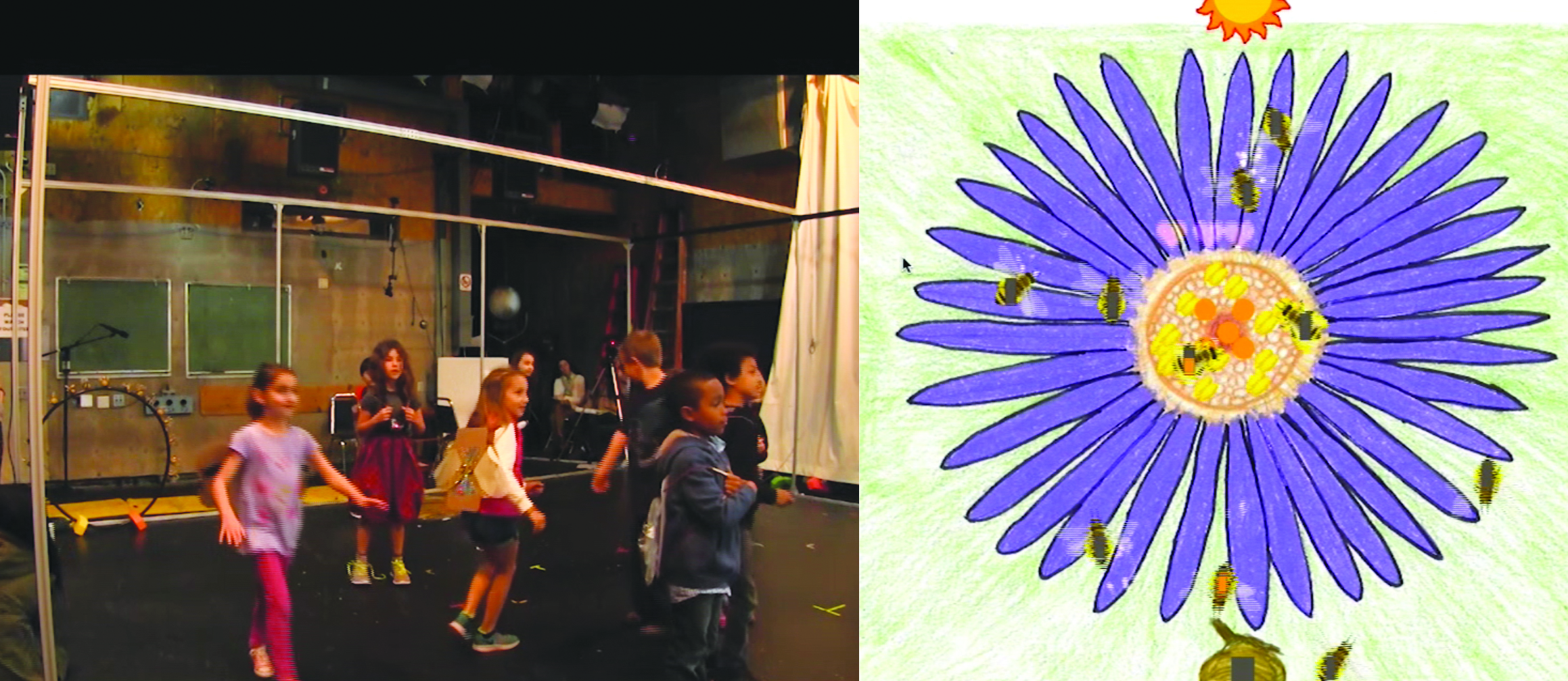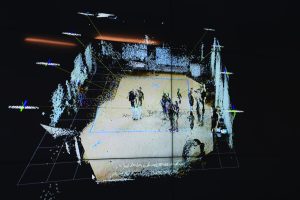Vanderbilt University engineering and education faculty are part of a new $20 million, NSF-funded research institute to create artificial intelligence tools to radically improve education, re-imagining learning inside and outside of the classroom.
The NSF AI Institute for Engaged Learning is one of 11 new AI institutes announced in July 2021 as part of a major NSF initiative to advance understanding of AI technologies and how they can drive innovation to address real-world challenges.
“By introducing these technologies, we make learning more ubiquitous, whether it is at a school, coffee shop, museum or at home,” said Cornelius Vanderbilt Professor of Engineering Gautam Biswas, lead researcher of the Vanderbilt team. “It also recognizes that learning happens more as a social process and that students learn better when they are immersed in authentic problem- solving scenarios.”
North Carolina State University is the lead institution, and other partners include Indiana University, the University of North Carolina at Chapel Hill and Digital Promise, an educational nonprofit organization.
Researchers will develop narrative-centered AI platforms and characters, or agents, to interact with and support a wide variety of learners. The institute will create a sophisticated framework that analyzes data from interactions to evaluate what works and what needs refinement to make the tools truly interactive and adaptive to the learning needs of individuals and of collaborating groups. A key aim is to use AI to build more equitable, inclusive educational experiences.
The Vanderbilt share of the five- year project is $4.15 million. The team comprises Biswas, professor of computer science and computer engineering, and Maithilee Kunda, assistant professor of computer science and computer engineering; Corey Brady, assistant professor of learning sciences, and Noel Enyedy, professor of science education, both from Pea- body College of education and human development; and Ole Molvig, assistant professor of history and communications of science and technology, founder of the emergent technology lab at The Wond’ry. Molvig is the AI ethics and privacy expert for the $20 million project, which was awarded under the NSF research thrust of Augmented Learning.
The institute will focus on three complementary areas:
- Creating AI platforms that generate interactive, story- based problem scenarios that foster communication, teamwork, and creativity as part of the learning process.
- Developing AI characters capable of communicating with students through their speech, facial expression, gesture, gaze, and posture. These characters, or “agents,” will be designed using state-of-the-art advances in AI research to foster interactions that effectively engage students in the learning process.
- Building a sophisticated frame- work that analyzes data from students to make the tools truly interactive. The system will be able to customize educational scenarios and processes to help students learn, based on information the system collects from the conversations, gaze, facial expressions, gestures, and postures of students as they interact with each other, with teachers, and with the technology itself.
Such a “classroom of the future” might look like this: One group of students is interacting with a Smart Board, while other students work individually or in groups using AI-powered tools, and a teacher presents new material to a subset of the class.
Multiple cameras capture the simultaneous interactions with the teacher, among students in groups and between individual students and their technological tools.
As the class works through the scenario, the AI-powered analysis identifies adaptations to the individual and collective activities that optimize the progress that learners make in each working unit and as a whole.
By definition, this is a Big Data undertaking. Just five minutes of interactions throughout a classroom produces megabytes of data. Now imagine the data generated in a year- long STEM curriculum for a single grade level.
“It is going to be challenging, but the impacts can be huge,” Biswas said.